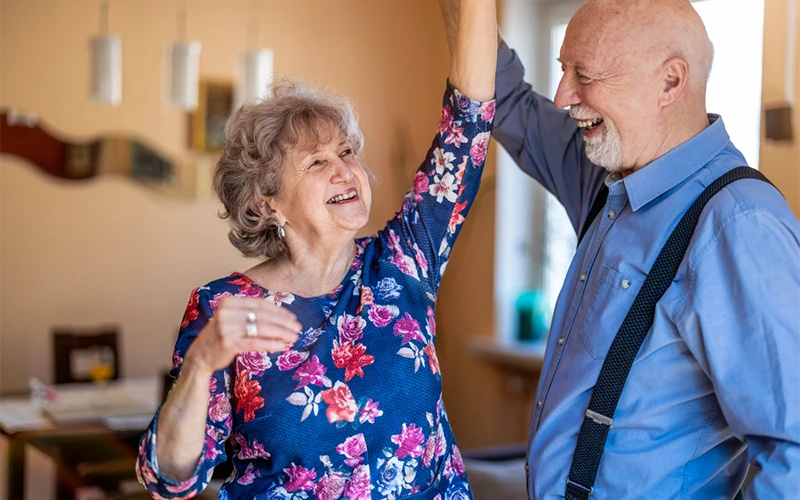Safe housing that meets older adults’ needs is essential to healthy aging in communities. Many seniors with low, fixed incomes struggle to balance housing expenses with the costs of health care, transportation, and groceries.
Finding inexpensive, safe, and accessible housing can be challenging. However, several affordable housing options are available for older people with low incomes.
Section 202 supportive housing for the elderly
The Section 202 Supportive Housing for the Elderly Program provides affordable housing and supportive services for older people with limited means. Through this program, seniors can maintain independence while receiving benefits such as transportation and assistance with activities of daily living (ADLs). The support allows them to continue living independently.
The United States Department of Housing and Urban Development (HUD) requires Section 202 facility owners to maintain the buildings and regularly inspect them to ensure the tenants have a safe environment. Rent typically comprises 30 percent of the tenant’s income.
Older adults who meet specific thresholds may enroll in Section 202 Supportive Housing for the Elderly Program.
- The head of the household must be 62 years old or older.
- There are also income requirements, which vary depending on location. Seniors must meet HUD’s income limits criteria. Generally, it is less than 50 percent or less of the area’s median family income.
The program has several benefits for those who qualify:
- Low housing costs provide peace of mind and stability.
- Units designed for older adults are more accessible, including features such as wheelchair ramps, wider doors, and bathroom grab bars.
- Senior communities ease loneliness and foster social connections.
Housing vouchers
Housing vouchers are another option for seniors. Local housing agencies provide housing vouchers to low-income households that help cover rent. These vouchers are available to families living below 50 percent to 80 percent of the poverty level; income thresholds vary by area and agency. Dwellings must satisfy housing quality standards, and owners must maintain the units.
While families can obtain vouchers regardless of age, elders and those with disabilities can receive an additional deduction.
Although housing vouchers can help some older adults and their families, limited availability and long waiting lists characterize housing voucher programs. Per the Center on Budget and Policy Priorities, only one in four qualifying households receive vouchers.
Home sharing
Home-sharing programs can help older adults living alone stay in their homes while providing an affordable housing option for older adults. In addition to helping with costs, home-sharing can prevent loneliness, particularly benefiting older adults whose spouses have passed or children have moved away.
Through Senior Homeshares, older adults with homes can find housemates who are also elderly, helping to lessen the cost of living. The service pairs older adults with spare rooms in their homes with those on fixed incomes searching for safe, affordable housing.
Additional options
Most affordable housing programs, such as Section 202 and housing vouchers, have waiting lists as demand exceeds availability. Additional options exist for older adults who need more immediate help with housing costs.
- Older adults who own their homes can apply for a reverse mortgage, allowing them to continue living at home. Reverse mortgages draw upon existing equity in a home to supply regular payments, which can supplement retirement income. The federal government insures the Home Equity Conversion Mortgage (HECM).
- For those with health care needs who have very low incomes and few assets, Medicaid could cover the cost of nursing home care.
- Medicare pays for certain in-home health services for homebound older adults. Although Medicare does not cover rent or mortgage payments, in-home care covered by Medicare can lessen total expenses.
- Individuals might consider moving in with family or friends to share living expenses and benefit from support.
For older adults struggling to afford housing costs, several options exist. The best choice depends on your unique circumstances. For assistance obtaining more affordable housing as you age, consult with your attorney.
Contact R. F. Meyer & Associates with your legal questions
If you have questions about any Elder Law, Estate Planning or Probate issue, contact R. F. Meyer & Associates for help. Reach our law offices in Worthington by calling 614-407-7900, by sending an email to [email protected], or by completing the Contact form on our website at ElderLaw.US/Contact.
